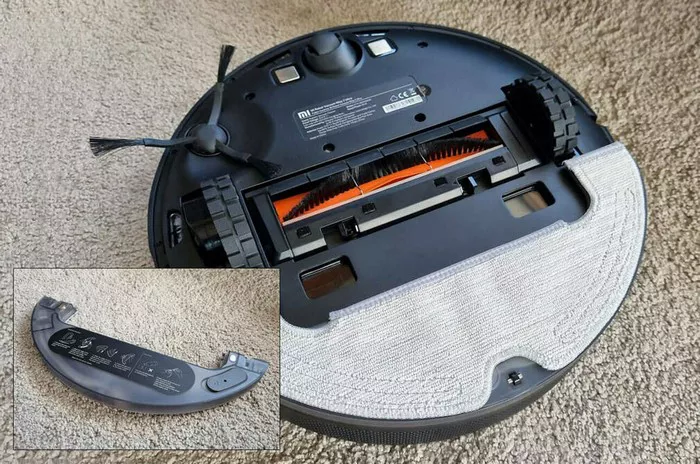When it comes to choosing the right vacuum cleaner, suction power is a crucial factor to consider. A vacuum cleaner with sufficient suction power ensures effective cleaning, removing dirt, dust, and debris from various surfaces in your home. But what exactly is a good suction power for a vacuum cleaner, measured in kilopascals (KPA)? In this comprehensive guide, we’ll delve into the importance of suction power, how to determine the optimal KPA for your needs, and answer frequently asked questions to help you make an informed decision.
Understanding Suction Power: What is KPA?
Kilopascals (KPA) is a unit of measurement used to quantify suction power in vacuum cleaners. It indicates the amount of pressure exerted by the vacuum to pull in air and, consequently, debris from surfaces. A higher KPA value typically signifies greater suction power, meaning the vacuum can effectively lift and remove dirt and debris.
Factors Influencing Suction Power
Several factors influence the suction power of a vacuum cleaner:
1. Motor Power: The motor is the heart of a vacuum cleaner, generating the suction needed for cleaning. A more powerful motor generally results in higher suction power.
2. Design and Airflow: The design of the vacuum cleaner, including the airflow path and the efficiency of the filtration system, can impact suction power. Optimal airflow ensures that dirt and debris are effectively pulled into the vacuum.
3. Seal and Hose Quality: A vacuum cleaner with a tight seal and a high-quality hose minimizes air leaks, maximizing suction power.
4. Type of Surface: Different surfaces may require varying levels of suction power. For example, carpets may need stronger suction to lift embedded dirt, while hardwood floors may require less suction to avoid damaging the surface.
Determining the Right Suction Power for Your Needs
Choosing the appropriate suction power for your vacuum cleaner depends on several factors:
1. Surface Types: Consider the surfaces you’ll be cleaning regularly. If you have a combination of carpets, rugs, and hard floors, opt for a vacuum cleaner with adjustable suction power to accommodate different surfaces.
2. Cleaning Requirements: Assess your cleaning needs. If you have pets that shed a lot of fur or if allergies are a concern, you may require a vacuum cleaner with higher suction power to effectively remove pet hair and allergens from carpets and upholstery.
3. Home Size: The size of your home can also influence your choice of suction power. Larger homes may benefit from a more powerful vacuum cleaner to ensure thorough cleaning without frequent emptying of the dust bin.
4. Personal Preference: Some individuals prefer a vacuum cleaner with powerful suction for a deeper clean, while others may prioritize a balance between suction power and noise level for a quieter cleaning experience.
Conclusion
Selecting a vacuum cleaner with the right suction power is essential for maintaining a clean and healthy home. By understanding the factors that influence suction power and considering your specific cleaning needs, you can make an informed decision when choosing the perfect vacuum cleaner for your home.
FAQs
Q1: What is the ideal suction power for cleaning carpets?
A1: For carpets, especially those with deep pile or high levels of foot traffic, a vacuum cleaner with a suction power of at least 20 KPA or higher is recommended. This level of suction can effectively lift embedded dirt, dust, and debris from the carpet fibers, ensuring a thorough clean.
Q2: Can I use a vacuum cleaner with high suction power on delicate surfaces?
A2: While high suction power is beneficial for deep cleaning carpets and removing stubborn dirt, it may not be suitable for delicate surfaces such as hardwood floors or delicate upholstery. In such cases, opt for a vacuum cleaner with adjustable suction settings or attachments designed specifically for delicate surfaces to avoid causing damage.
Q3: How does suction power affect energy consumption?
A3: Higher suction power typically requires more energy to operate, which can result in increased energy consumption. However, advancements in vacuum cleaner technology have led to more energy-efficient models that deliver powerful suction while minimizing energy usage. Look for vacuum cleaners with high energy efficiency ratings to ensure optimal cleaning performance with minimal energy consumption.

